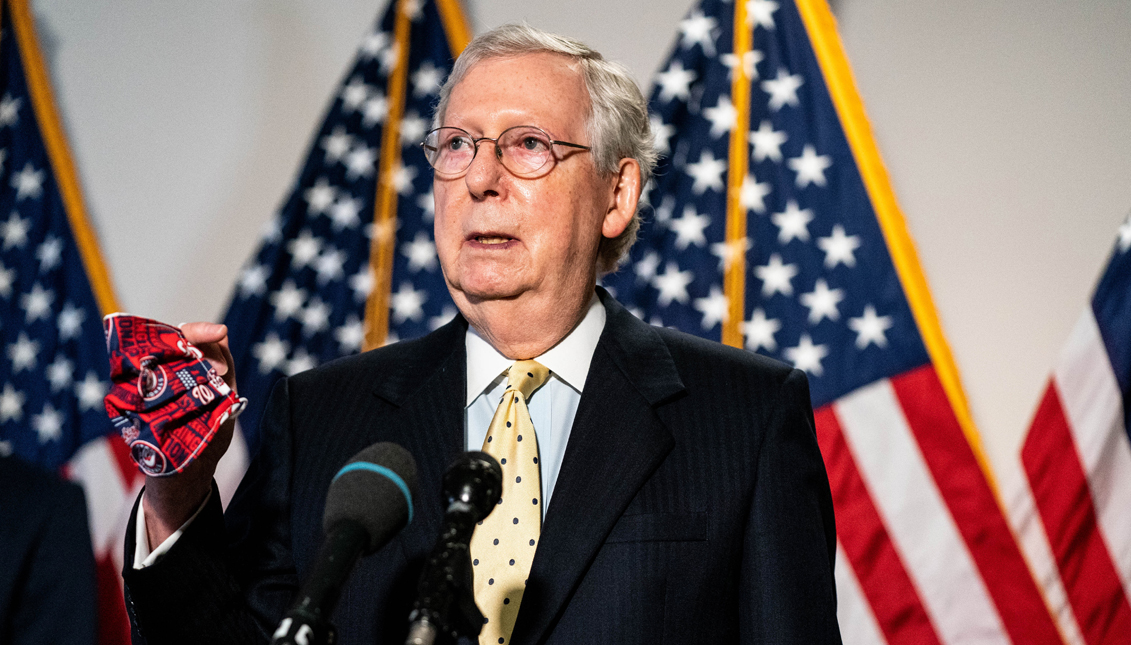
Democrats push second round of stimulus checks, while Black, Latinx individuals have not received the first
As the GOP delivers its own economic response to the coronavirus pandemic, Black and Latinx individuals are still left behind.
The Hispanic Caucus is pushing a second round of stimulus checks, while a new study has concluded Black Americans and Latinos were less likely to receive the $1,200 payments as part of a stimulus package made in attempt to lessen COVID-19’s blow to the economy.
The Coronavirus Aid, Relief, and Economic Security (CARES) Act from the spring provided most U.S. households with a one-time payment distributed by the IRS, but the nonpartisan Tax Policy Center recently highlighted the disparities in payment receipt by income, race, ethnicity, and citizenship status.
It found only 58.6% of adults with incomes at or below the poverty level stated they received payments. It also found over 73% of non-Hispanic white individuals received payments, compared to 63.7% of Hispanics and 68.6% of Black adults.
Only 54% of Hispanic adults in families with noncitizens received payments.
In fact, some Latino adults may have been ineligible because they or their spouse were undocumented or did not qualify as residents, the report reads.
RELATED CONTENT
On Monday, Senate Majority Leader Mitch McConnell announced the GOP’s Health, Economic Assistance, Liability Protection and Schools, or HEALS Act in response to the Democrats’ $3 trillion HEROES Act.
The GOP’s $1 trillion bill includes an extra $200 per week in unemployment insurance, down $600 dollars from its predecessor, the CARES Act.
It also proposes a second $1,200 economic impact payment. It would follow the same eligibility as the first round, meaning it would follow with the same discrepancies.
It was quickly pointed out that it falls short of the nation’s current needs to divert further economic damage and lives cost by the COVID-19 pandemic.
Expanded unemployment has been a lifeline to workers who lost their jobs during the pandemic.
— Raul M. Grijalva (@RepRaulGrijalva) July 24, 2020
But the GOP can't be bothered to stand up for working families and remain intent on letting this assistance expire.
Here's a solution: The #HeroesAct. https://t.co/Le1OysXqp8
The Senate should pass the #HEROESAct right away.
— Pete Buttigieg (@PeteButtigieg) July 26, 2020
In the end, the study found “significant disparities in nonreceipt” in regards to the CARES Act with families with incomes below 100% of the federal poverty line, or if they were Black or Hispanic — particularly if they were Hispanic and in families with noncitizens.
This new HEALS Act is projected to do the same.











LEAVE A COMMENT: